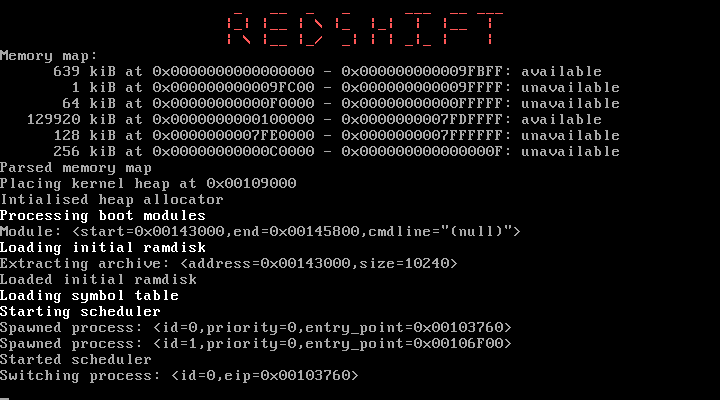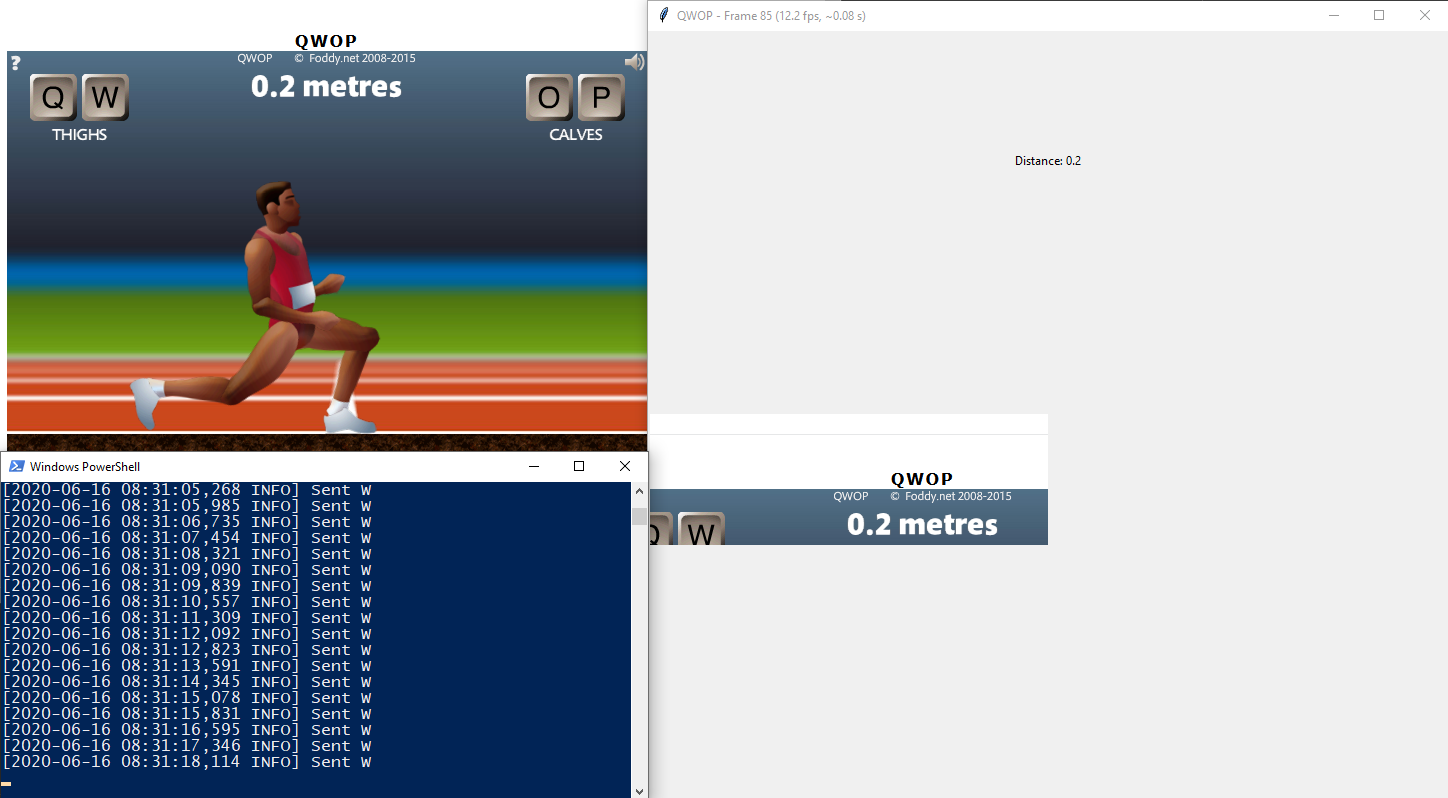I'm passionate about embedded systems, machine learning, cryptocurrency and functional programming.
I currently work at Arm, Cambridge. I started as a member of the mbed OS connectivity team in 2021, where my responsibilities included maintaining the bluetooth/BLE stack. Later in the year we started working on the Open IoT SDK and Arm Total Solutions. I was also a key member of the team that delivered the Arm DevSummit 2021 TinyML (edge machine learning) demo.
In July 2023, I will move again, this time to a team which works on optimising power consumption in the Linux kernel, primarily for Android. When I was at university, working on the kernel was my dream job, so this is an exciting change for me. I will be responsible for testing methods of scheduling workloads across big.LITTLE cores and dealing with Linux scheduler issues in general as they arise. In the future we may expand from mobile to datacentre and automotive.





